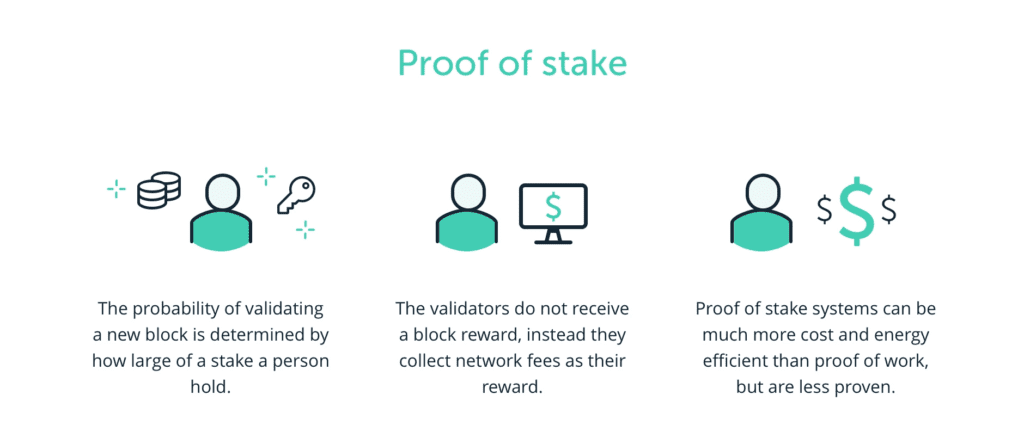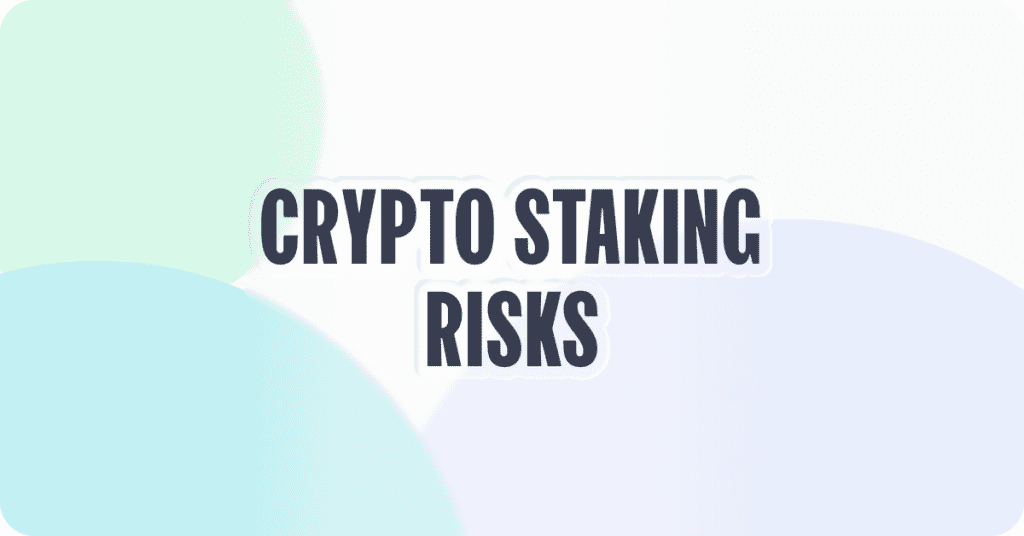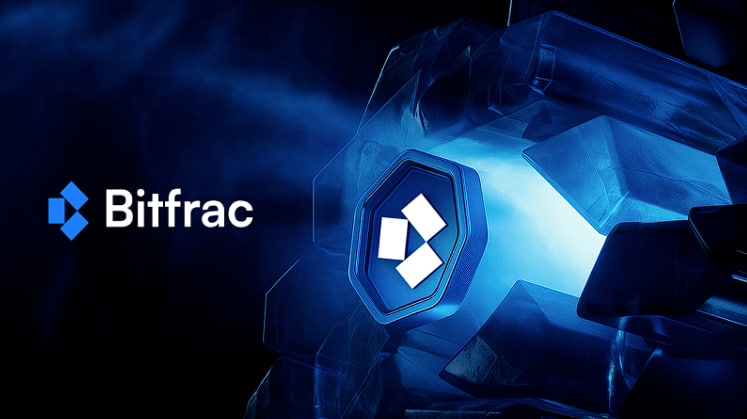Staking cryptocurrency is a popular strategy to generate high-interest rates on cryptocurrency investments. Crypto staking is an essential component of the technology that powers several cryptocurrencies. It is beneficial to have a basic understanding of what blockchain networks do. This article will lead you to find the answer to the question “what is staking” from the perspective of a user.
What is Staking?

Staking is the process of locking crypto assets for a defined amount of time to aid with the operation of a blockchain. You earn extra cryptocurrency by staking your coin.
A proof of stake consensus technique is used by several blockchains. Network participants that want to help the blockchain by validating new transactions and creating new blocks must “stake” a certain amount of cryptocurrency.
Staking assists in ensuring that only valid data and transactions are introduced to a blockchain. Participants seeking a chance to authenticate fresh transactions offer to stake quantities of cryptocurrency as a type of insurance.
They may lose some or all of their stake if they inappropriately validate defective or fraudulent data. However, if they authenticate right, legitimate transactions and data, they will be rewarded with extra cryptocurrency.
Staking is used as part of the consensus mechanisms of popular cryptocurrencies Solana (SOL) and Ethereum (ETH).
Proof of Stake Validation

Proof of stake coins fosters a thriving ecosystem on their networks by staking. Generally, the higher the stake, the better the opportunity validators have of adding new blocks and earn rewards.
As validators collect more stake delegations from numerous holders, this serves as proof to the network that the validator’s consensus votes are reliable, and their votes are thus weighted proportionally to the amount of stake the validator has garnered.
Furthermore, a stake does not have to be made up of just one person’s tokens. A holder, for example, can join a staking pool, and stake pool managers can handle all of the heavy labor in validating transactions on the blockchain.
How Does Staking Work?

You can stake your tokens if you hold a cryptocurrency that employs a proof of stake blockchain. Staking secures your funds in order to join and contribute to the security of the network’s blockchain. Validators receive staking incentives in that cryptocurrency in exchange for locking up their assets and participating in network validation.
Users can also create a bitcoin wallet that allows for staking.
It can be delegated how much of a portfolio you wish to put up for staking if users have their tokens in one of these wallets. To find a validator, you might choose from various staking pools. You can pool your tokens with those of others to increase your chances of generating blocks and getting rewards.
Benefits of Staking
- Earn passive income. If you do not intend to sell your cryptocurrency tokens in the near future, staking allows you to earn passive revenue. You would not have received this income from your cryptocurrency investment if you had not staked it.
- Easy to get started. You can begin staking right now by using an exchange or crypto wallet.
- Support crypto projects you like. “Staking has the extra benefit of contributing to the security and efficiency of the blockchain projects you support. “By staking some of your cash, you enhance the blockchain’s resistance to attacks and its ability to conduct transactions,” explains Tanim Rasul, chief operating officer and co-founder of National Digital Asset Exchange, a Canadian cryptocurrency trading platform.
Criteria To Determine Best Exchanges For Staking
Forbes Advisor conducted an in-depth analysis of over 25 cryptocurrency exchanges, crypto trading apps, and brokerage platforms that provide crypto trading choices. They evaluated each platform using eight essential characteristics to determine the top exchanges for staking:
- Basic Trading Features. Key metrics included the number of cryptocurrencies available to trade, the number of fiat currencies accepted, the exchange’s overall liquidity and trading fees.
- Advanced Trading Features. We looked at the availability of complex trading features like advanced order types and volume discounts for frequent trading.
- Platform Availability. While some of the best crypto exchanges are available everywhere, others have widely varying degrees of accessibility to different features by country and by U.S. state.
- Customer Service. Available types of customer support.
- Educational Resources. We evaluated the educational content offered by each platform.
- Crypto Rewards Credit Card. A few platforms offer crypto rewards credit cards.
- Security and Storage. Types of storage options, security and insurance available, plus an assessment of any large-scale hacks of each exchange over its lifetime.
- Staking and Rewards. Some platforms allow users to stake selected cryptos and earn interest payments.
The Risks of Staking

Depending on the program, you may have to commit your tokens for weeks or months when you stake them. You cannot cash out or trade your tokens at this time.
Nonetheless, you must find a willing buyer or lender because you’re selling on the secondary market. Furthermore, there is no guarantee that you will be able to do so or that you will receive your money returned.
Cryptocurrencies are also notoriously volatile investments, with price swings in the double digits frequent during market crashes. You won’t be able to sell your bitcoin if you’ve staked it in a program that locks you in. The staking platform you select may provide lucrative annual returns, but if the price of your staked token decreases, you may still lose money.
Many proofs of stake networks employ “slashing” to punish validators who engage in inappropriate behavior by destroying some of the stakes they place on the network. If you stake with a dishonest validator, you may lose some of your investment as a result.
Conclusion
Staking is a fantastic alternative for investors who do not mind short-term market changes and want to generate yields on long-term investments. If you need your money quickly before the staking time finishes, you should avoid locking it up for staking.
Top experts recommend that you should carefully read the rules of the staking time to see how long it will run and how long it will take to get your money back should you opt to withdraw. They advise only working with organizations with a good reputation and rigorous security requirements.
Experts advise caution if interest rates appear to be too good to be true. Finally, like with any cryptocurrency investment, staking carries a substantial chance of loss. Only gamble with money you can afford to lose.
DISCLAIMER: The Information on this website is provided as general market commentary and does not constitute investment advice. We encourage you to do your research before investing.
Join us to keep track of news: https://linktr.ee/coincu
Thana
Coincu News
















